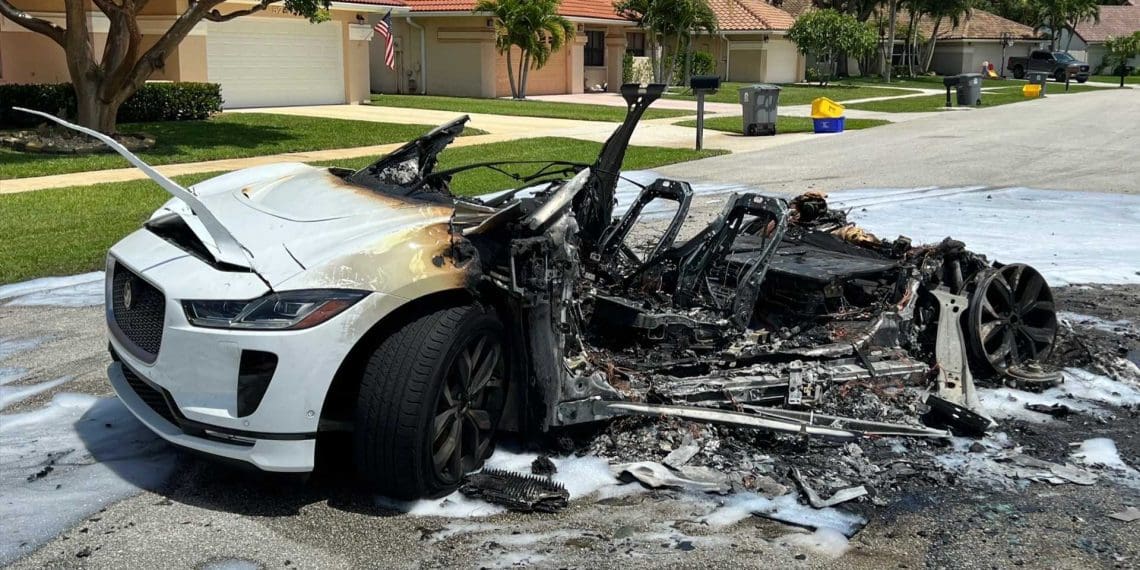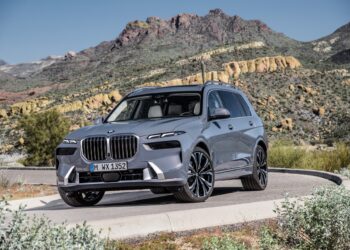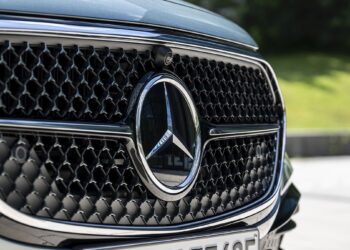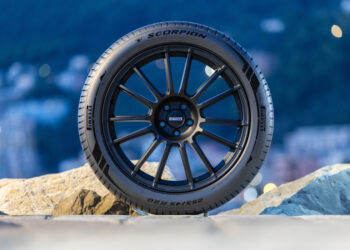Jaguar’s electric future is facing a scorching setback. Amid ongoing controversy over its rebranding strategy, the British automaker has announced a recall of 2,760 units of its flagship electric SUV, the I-Pace, due to a critical risk of battery fires. In an unprecedented move, Jaguar is offering to buy back the affected vehicles outright, as the company scrambles to address safety concerns.
A burning issue: the I-Pace fire risk
The recall follows an alarming advisory issued in August, in which Jaguar urged I-Pace owners to avoid charging their vehicles beyond 80% and to park outdoors rather than in garages or homes to reduce fire hazards. Now, with no permanent solution in sight, the company is stepping up to regain consumer trust by reacquiring the at-risk vehicles.
This drastic action highlights the stakes for Jaguar, especially as it pivots toward an all-electric lineup by 2026. For a brand seeking to position itself as a leader in electric mobility, the specter of spontaneous battery fires is a reputational and operational nightmare.
Who’s to blame? A tangled web of responsibility
While Jaguar is taking ownership of the problem, fingers are also pointing at its key suppliers. The defective batteries were produced by South Korea’s LG Chem, a company previously linked to similar issues in Hyundai and Kia vehicles. Austria’s Magna Steyr, which partnered with Jaguar to design and manufacture the I-Pace, is also under scrutiny.
These supply chain complications underscore the broader challenges automakers face in ensuring the reliability of EV technology, particularly as they transition away from internal combustion engines.
A costly misstep amid an electric pivot
The battery woes couldn’t come at a worse time for Jaguar. With plans to abandon combustion engine production and go all-electric within three years, the company must resolve these safety issues to maintain consumer confidence in its future offerings. The recall also raises questions about Jaguar’s reliance on external suppliers for critical EV components.
Although Jaguar has not disclosed specific markets where the problematic I-Pace units were sold, the recall has global implications. The company has kept quiet about which versions are affected, leaving customers in Europe and beyond waiting for clarity.
History repeating itself? Lessons from Hyundai and Kia
Jaguar isn’t the first automaker to grapple with LG Chem battery defects. Hyundai and Kia faced similar recalls over fire risks in their EVs, costing the South Korean automakers billions of dollars. For Jaguar, this debacle serves as a cautionary tale about the pitfalls of EV technology and supply chain management.
The road ahead for Jaguar
As Jaguar seeks to rebuild trust, the recall is both a costly setback and an opportunity to prove its commitment to safety and innovation. With its ambitious plans for an all-electric future, the company must ensure that its technology meets the highest standards—or risk losing ground in an increasingly competitive EV market.
While the I-Pace once symbolized Jaguar’s leap into electric mobility, this crisis could redefine its legacy. For now, the brand faces a race against time to fix its technology, reassure customers, and safeguard its electric aspirations. Whether Jaguar can rise from the ashes of this fiery scandal remains to be seen.










